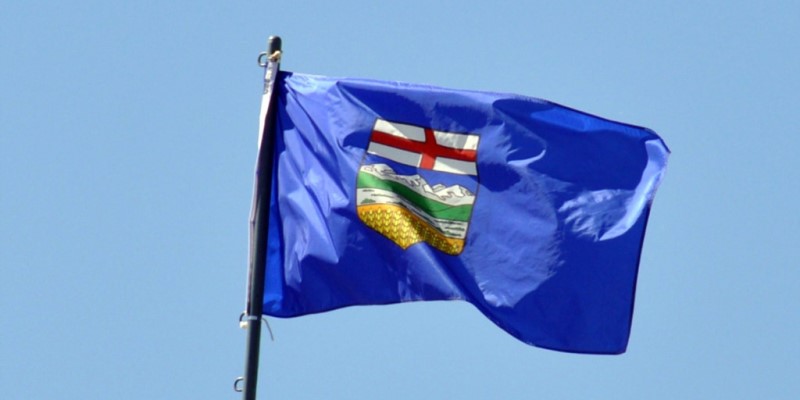The investment exodus from Alberta continues

As a recent article in the Financial Post documents, the exodus of foreign capital from Canada’s energy industry is continuing apace. In addition to Kinder Morgan:
Other recent major exits include ConocoPhillips’ US$13.2 billion sale of its oilsands and natural gas assets to Cenovus Energy Inc. in 2017, and Shell’s and Marathon’s sales of their stakes in an oil-sands project to Canadian Natural Resources Ltd. for about US$10.7 billion that same year. Canadian Natural also bought Oklahoma City-based Devon Energy Corp.’s Canadian heavy oil assets this year for US$2.79 billion.
These movements underscore the findings of the Fraser Institute’s Global Petroleum Survey, which assesses the attractiveness of jurisdictions around the world for oil and gas investment. Survey respondents (comprised largely of energy company executives) assess investment barriers such as tax rates, regulatory obligations, uncertainty over environmental regulations, and the interpretation and administration of regulations governing the “upstream” petroleum industry, as well as concerns over political stability.
In 2018, Alberta’s Policy Perception Index score was lower compared to 2017 and the province was still the second-least attractive jurisdiction to invest in Canada. Specifically, the Alberta’s rank dropped from 33rd (out of 97) in 2017 to 43rd (out of 80) in 2018.
Moreover, the province’s overall rank has deteriorated in recent years—from 14th (out of 156) in 2014 and the third-most attractive jurisdiction in Canada, to 43rd (out of 80) in 2018 and the fifth-most attractive jurisdiction in Canada. Poorer perceptions of the province’s regulation and taxation regimes have driven much of the change since 2014.
More than 50 per cent of respondents in 2018 see fiscal terms and taxation as deterrents to investment.
In addition, 73 per cent of respondents cited the cost of regulatory compliance as a deterrent to investment this year.
Overall, Alberta’s scores dropped on all survey questions when compared to last year’s results. The province’s scores declined most on survey questions pertaining to disputed land claims (22 points), regulatory enforcement (21 points) and quality of infrastructure (16 points).
Alberta can’t control the global price of oil, nor whether or not pipelines are built. But reforming natural resource regulation might help tap the brakes and slow the exodus of capital from the province.
Author:
Subscribe to the Fraser Institute
Get the latest news from the Fraser Institute on the latest research studies, news and events.

